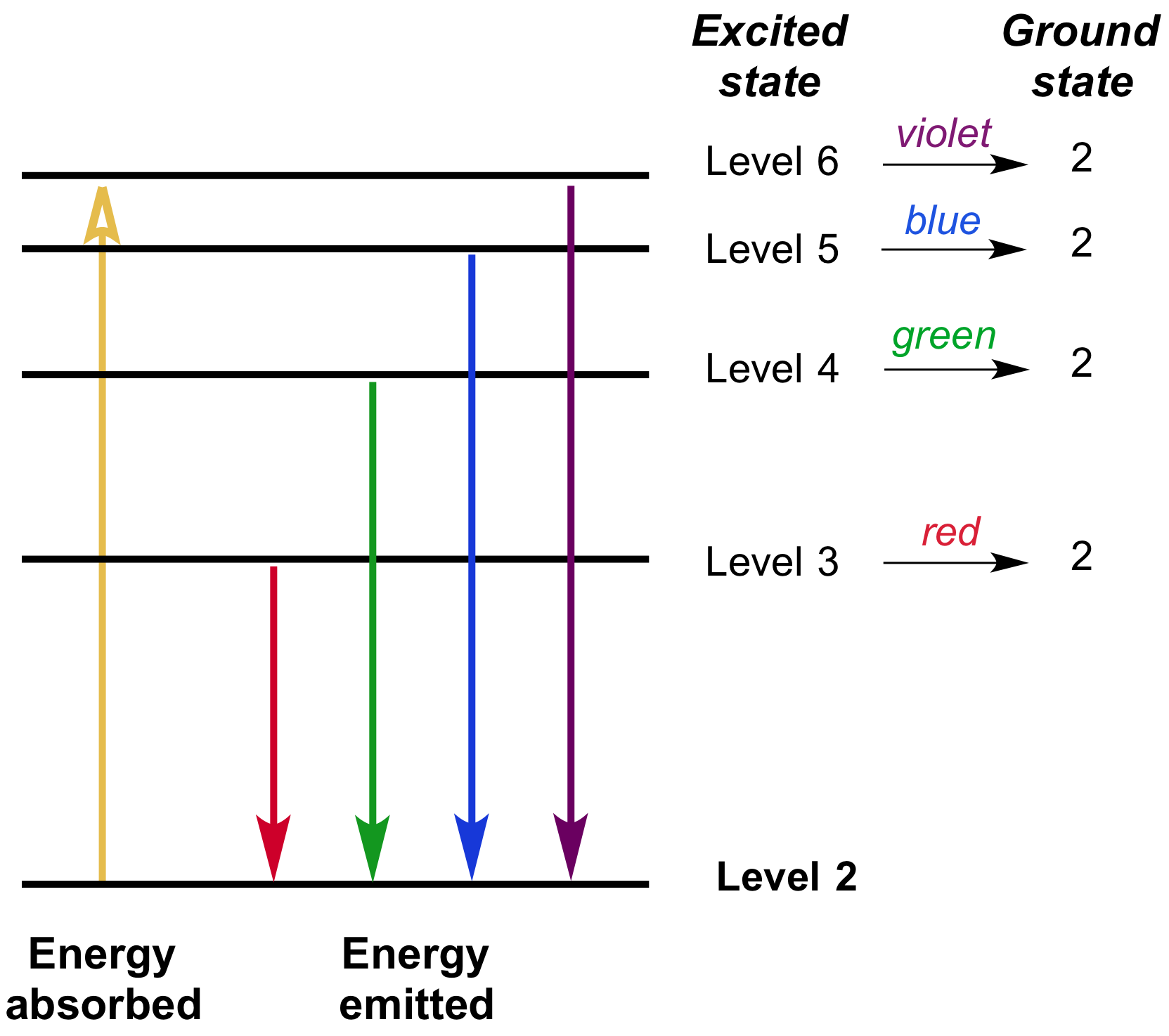

So Redshift Spectrum is not an option without Redshift.

Access to Spectrum requires an active, running Redshift instance. You are a new user and don't have Redshift cluster.Spark unloading of your data and if you just want to import data to Pandas or any other tools for analyzing.You want to move colder data to an external table but still, want to join with Redshift tables in some cases.

You are an existing Redshift user and you want to store more data in Redshift. I suggest you use Redshift spectrum in the following cases: If you are a Redshift user, making your storage cheaper makes your life so much easier basically. Again Redshift isn't that horizontally scalable and it takes some downtime in case of adding new machines. But creating your Reshift cluster and storing data was a bottleneck. Many analytics tools don't support Athena but support Redshift at this time. But they wanted to make life easier for Redshift users, mostly analytics people. So, AWS folks wanted to create an extension to Redshift (which is pretty popular as a managed columnar datastore at this time) and give it the capability to talk to external tables(typically S3). Then comes the question of what is Redshift Spectrum and why Amazon folks made it when Athena was pretty much a solution for external table queries? Athena is serverless, so there is no infrastructure to manage, and you pay only for the queries that you run. This question has been up for quite a time, but still, I think I can contribute something to the discussion.Īmazon Athena is an interactive query service that makes it easy to analyze data in Amazon S3 using standard SQL. ODBC but many more products offer "standard out of the box"Īlso, for either solution, make sure you use the AWS Glue metadata, rather than Athena as there are fewer limitations. Its easy enough to connect to Athena using API,JDBC or Athena is derived from presto and is a bitĭifferent to Redshift which has its roots in postgres. You may find one much cheaper than the other This is the major difference and depending on your use case If you do not need those things then you should consider Athena as wellĪthena differences from Redshift spectrum:


 0 kommentar(er)
0 kommentar(er)
